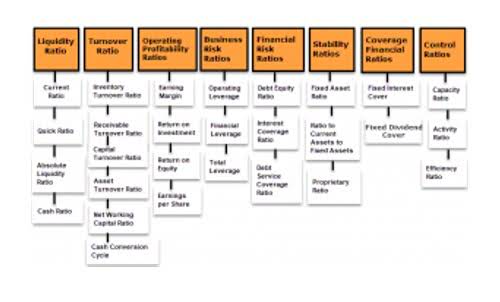
Manufacturers carry production Bookkeeping for Veterinarians costs related to the raw materials and labor needed to create their products. Service industries carry production costs related to the labor required to implement and deliver their service. Royalties owed by natural resource-extraction companies also are treated as production costs, as are taxes levied by the government.

Three types of manufacturing costs:
Period costs are expensed immediately, reflecting ongoing operational expenses, while product costs are capitalized and impact profitability over time. In a nutshell, production and cost are vital components of economic theory and business decision-making. A business can optimize its operation to its maximum profitability based on knowledge of the process of production.
- These costs are incurred as part of the manufacturing process and are included in the finished product cost.
- Materials, labor, production supplies, and factory overhead are all included in these prices.
- Once you’ve arrived at an optimal budget for materials, add the labor cost to the total.
- It includes the costs of labor, materials, and overhead allocated to each unit.
- Product cost is one of the most important concepts in business manageent, standing as a cornerstone for effective decision-making.
- Administrative costs may include expenditures for a company’s accounting department, human resources department, and the president’s office.
Maximizing Output with Limited Resources
- Product cost, also known as cost of goods sold (COGS), is the total cost incurred to produce a product.
- With these essential points in mind, businesses can gain valuable insights into their financial performance and optimize product cost accounting.
- It’s going to impact everything from the suppliers you use to the type of product or service you produce.
- You may also find that you’re losing business to competitors who can offer lower prices.
- It helps businesses determine optimal inventory levels, reduce waste and spoilage, and prevent overstocking or understocking of products.
- Product unit cost refers to the cost incurred to produce or acquire a single unit of a product.
- It’s usual for startup producers to select product components without fully comprehending the financial ramifications, resulting in material cost overruns later.
Cost can increase when there is bad management or poor communication between departments in a company. Today, it is a global home furnishings brand that focuses on sustainability (IKEA, 2022). Its distribution channel consists product cost consist of of the manufacturer, dealer, wholesaler, and retailer.
- Examining sellers in your niche is a straightforward approach to ensure your pricing is fair to you (and other artists).
- To better understand how product costing works, let’s apply the formulas above to a real-life example.
- With the correct data, you can accurately determine the cost of producing a product or service and maximize profits.
- It means they are primarily concerned with the product’s direct materials cost and the time it spends in the bottleneck.
- Integrating direct material, direct labor, and factory overhead costs, the company calculates the total product cost, enabling the determination of the cost per unit.
- This can be done through process analysis and improvement, better scheduling, and other methods.
- While product costs are directly tied to the creation and development of a software product or technology solution.
“LaunchNotes has created the perfect tool for leveraging product momentum to grow your business”

Product costs cover all direct costs for the production of the products. The fixed expenses are constant regardless of quantity and the variable charges are variable. There’s a close link between product cost and manufacturing cost because of the direct impact of manufacturing overhead costs because of product expense.

Setting the correct prices for your goods and services bookkeeping will make you more likely to attract customers and make money. The cost of doing business can change over time, so reviewing your prices regularly is important. This will help ensure you’re still charging a fair price that covers your costs and allows you to make a profit. If you are a company considering undercosting or overcosting your products, it is important to understand its potential consequences. Knowing the risks allows you to decide whether or not to use this pricing strategy.

You have goals to provide the best possible product or service to your customers. By estimating the per-unit cost, the entity can set an appropriate sales price and avoid under-pricing or over-pricing its products. Moreover, when the costs related to production are clearly known, it helps businesses to price their products properly, ensuring the businesses do not incur losses. Product cost refers to the total expenses incurred during the development, production, and maintenance of a software product or technology solution. It encompasses a wide range of costs, including research, design, development, testing, deployment, and ongoing support and maintenance.